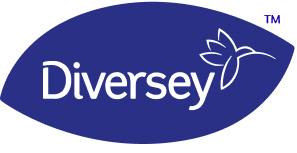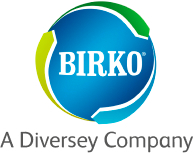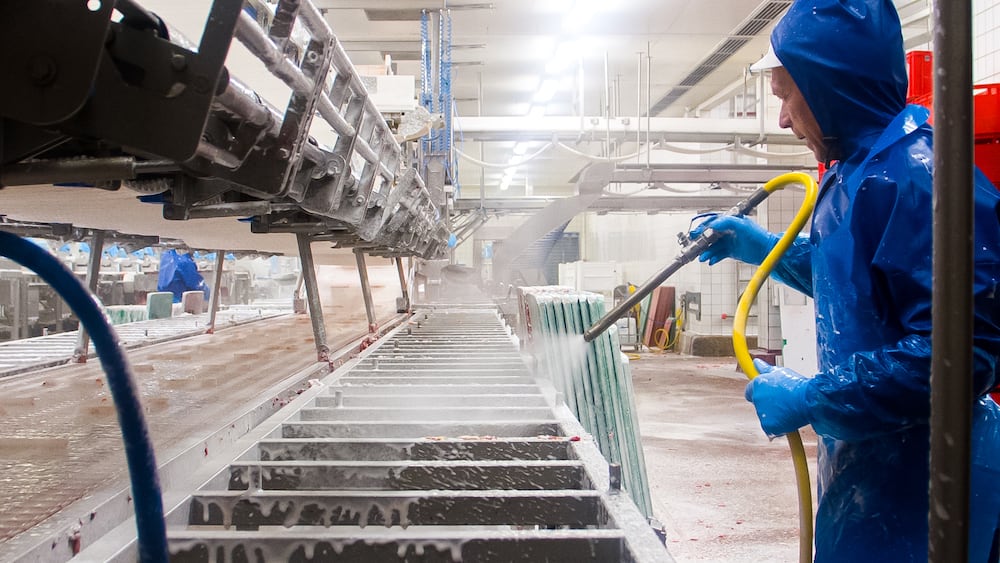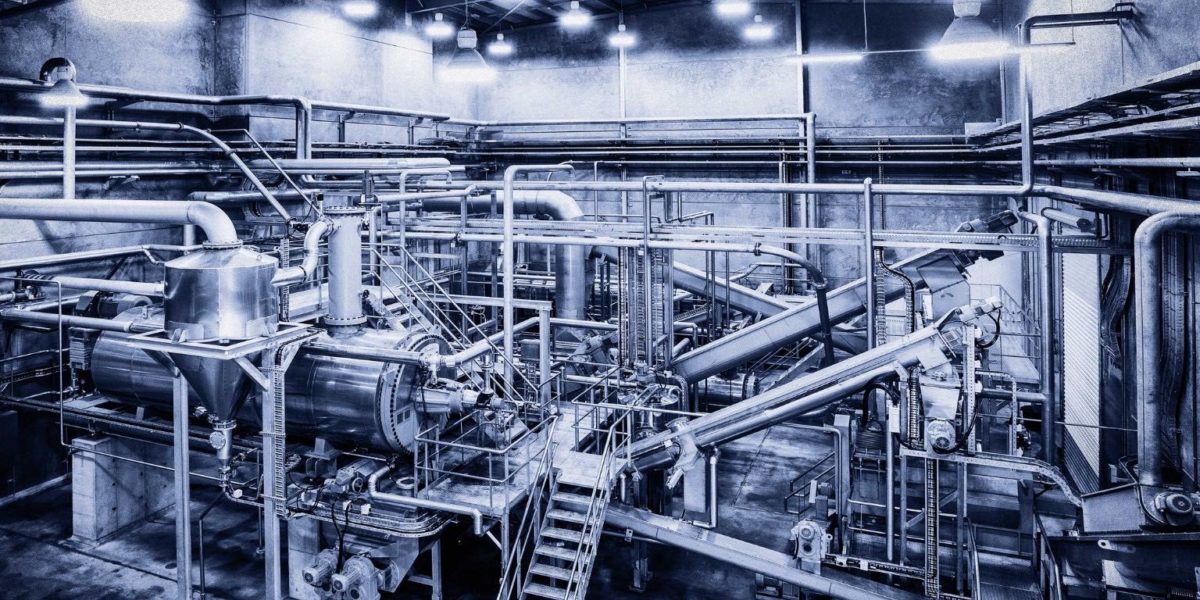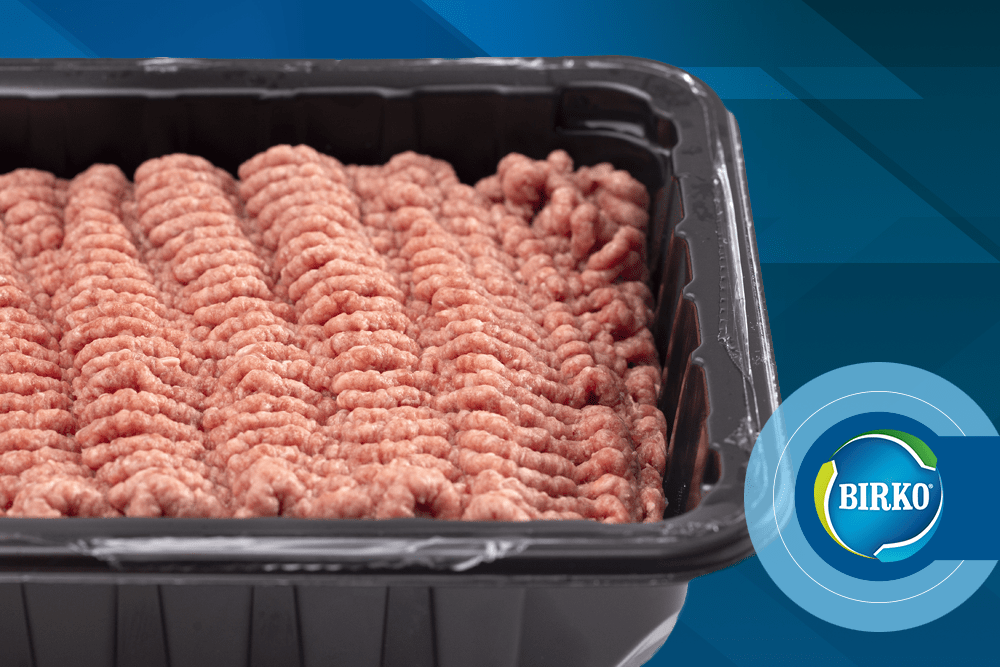The tragic 1993 E. coli outbreak, where four children died and hundreds were sickened after eating undercooked and contaminated meat from Jack in the Box, prompted many changes in the food processing industry. Restaurants, fast food chains and consumers alike were encouraged to cook meat to higher internal temperatures, while the meat industry adopted new E. coli testing programs at every stage of the process.
One crucial change was the use of hot water in washing and pasteurizing systems. Washing beef carcasses before evisceration and at the end of the slaughter process has been demonstrated as a very effective antimicrobial intervention, resulting in greater than 99% reductions in pathogens. Studies by both Texas A&M and Iowa State University have demonstrated that hot water pasteurization followed by organic acid pasteurization offers maximum results.
Specifically, exposing the surface of a carcass to hot water at a minimum of 165° F for at least 10 seconds, followed by an antimicrobial spray, is most effective in reducing pathogens. With the Chad Hot Water Pasteurization System, we are able to maintain 165° F on the surface of the carcass with a spray temperature as low as 185° F and deliver the exposure time at the carcass surface that you desire.
While hot water washing is effective, it has not always been economical. However, with only a 20° F temperature loss during the application process, operating costs, including steam requirements, are minimized. This system uses a microprocessor-controlled steam induction system to consistently provide proper water temperature to the surface of the carcass. With steam induction no components are submerged in the recirculated water, in contrast to other heating systems with coils and tubes. This results in an efficient water heating system with minimal maintenance and cleaning and long system life.
With the Chad patented oscillating spray mechanism, the hot water pasteurization system provides complete coverage for all surfaces of the carcass including the hard-to-reach areas. This provides an additional wash of the carcass for the added benefit of reducing visible contamination.
Chad’s Hot Water Pasteurization System uses recirculated water to minimize water usage, disposal costs and steam usage. Of course the recirculated water is filtered through three stainless steel water filters with stainless steel screens. The recirculated water temperature is always heated above 180° F before spraying the carcass, resulting in complete water sterilization. The Chad USDA-approved recirculating hot water system has been thoroughly tested many times, with all tests confirming that the recirculated water is free of pathogens.
The system has a two-pen chart recorder for recording temperature and acid concentration, which provides a hard copy for a plant’s HACCP records. Another unique feature is very efficient steam vapor and atomization control. The system uses air curtains at the entrance and exit of the cabinet and exhaust blowers to evacuate the cabinet. The air curtain blower is controlled by a variable frequency drive.
The Chad system can be designed to meet individual plant requirements, and allows simple and quick adjustments including oscillation rate, inlet water temperature and length of exposure time. This flexibility is very important to maximize microbial reductions without affecting the appearance of the carcass.
All design functions are controlled by an easy-to-use main control panel supplied with the Chad system. The control panel is designed for simple and quick startup and shut down of the system in the proper sequence of operations.
Depending on the proximity of the hot water pasteurization system to your cooler, an optional chill spray assembly may be installed to help reduce the temperature of the carcass before entering the cooler. Spraying the carcass with cold water, preferably 34° F, reduces the surface temperature of the carcass to approximately standard body temperature. This helps reduce the load on your refrigeration system and minimize the opportunity for condensation in the cooler.
The Chad hot water pasteurization system is designed for minimum space requirements, with cabinets as small as 10’ long for the smallest plant. In fact, if the hot water and organic acid sprays are installed at the same time, both processes can be incorporated into one cabinet with separate chambers.
The system is a complete offering and includes all the major components required for installation. Since the Chad hot water pasteurization system is designed to meet the needs of plants of all sizes, the price is generally the lowest in the industry.
What’s more, using Chad equipment, installed in the recommended order, will minimize microbial contamination on the surface of the carcass as it exits the slaughter floor and significantly reduce the risk of pathogens in trim and ground product.
